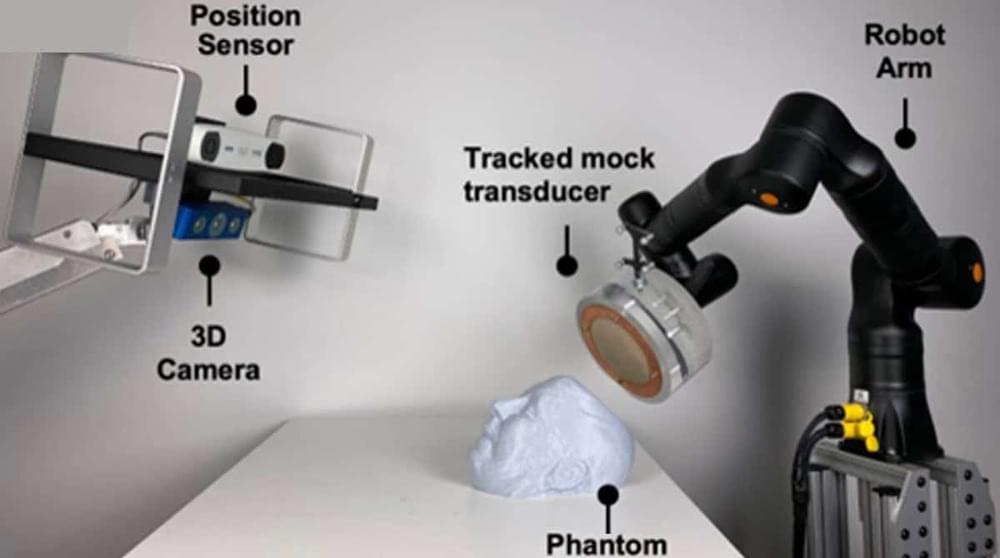Each year, flu causes hundreds of thousands of deaths and millions of hospitalizations worldwide. Although the best way to protect against serious illness is annual vaccination, the influenza vaccine’s effectiveness is far from perfect. In the past decade, CDC estimates of flu vaccine effectiveness have ranged from a low of 19% to a high of 48%, spurring calls for development of more effective flu vaccines. Now, NIH-funded researchers at the Stanford University School of Medicine have taken a new approach to crafting flu vaccines that resulted, both in mice and human tonsil tissue, in a more broadly protective immune response compared to currently available flu vaccines. The studies were led by Mark M. Davis, Ph.D., and the findings appeared in Science.
The trouble with current vaccines
Currently, flu vaccines are formulated annually to contain up to four strains of human influenza virus that are predicted to circulate widely in the coming season. For example, the 2024–2025 seasonal flu vaccine contains two strains of the influenza viurs A subtype and one of influenza virus B subtype. Each virus strain includes a viral protein called hemagglutinin (HA) that the virus uses to attach to and enter human cells. The immune system recognizes and responds to components of a virus or a vaccine—the antigens—by generating protective antibodies and T cells. On exposure to the flu virus, a subset of flu-specific T cells, called CD4+ helper T cells, provides signals to generate and activate antibody-producing B cells. Ideally, a swarm of HA-matched antibodies is produced following vaccination and will protect the vaccinated person from infection by flu virus strains represented in that year’s vaccine.







